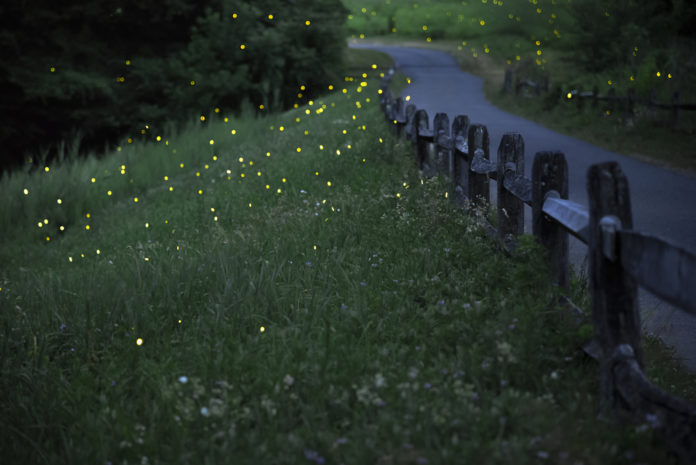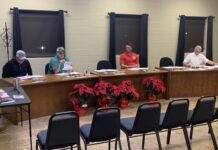AUBURN, Ala. – Many southerners have fond memories of catching lightning bugs on a summer’s night. The fascination surrounding these insects always invoke curious questions. An Alabama Cooperative Extension System professional provides some of the basic information on lightning bugs.
Lightning bug or firefly?
It is a debate that ranks with some of the best: are these creatures called lightning bugs or fireflies? Whether you feel strongly about one or the other—in most areas—people use these two terms interchangeably. However, no matter what term you use, Ellen Huckabay, an Alabama Extension county coordinator in Baldwin County, said both of these names can be misleading.
“Actually, they are neither true bugs (Hemiptera) or flies (Diptera), as both of these names would suggest,” Huckabay said. “They are actually beetles (Coleoptera) and you find many different species in the South.”
The “lightning” in lightning bugs
Lightning bugs are one of the few insects that produce bioluminescence on their abdomens. While many may have thought of fanciful reasons as to why these insects glow, Huckabay says the glow they give off is a natural process that is a key to their survival.
“The glow patterns they give off are for the purpose of attracting mates,” she said. “Sometimes, some species will use their glow to attract other lightning bug species for prey.”
Characteristics
Larvae of these beetles are predators of other insect larvae, small insects, earthworms, slugs and snails. People most often find these nocturnal insects active near wooded areas, shrubbery or in grassy areas.
“Lightning bugs are not considered pests, except for the minor annoyance of feeding on larvae of beneficials like earthworms,” Huckabay said. “These are beneficial insects that do not bite, sting, or harm humans or animals.”
More Information
The Alabama Master Gardeners (MGs) are standing by, ready to answer all garden-related questions on the Master Gardener Helpline. Call 1-877-ALA-GROW.
The toll-free helpline, in existence since 2006, connects callers with a knowledgeable team of MGs who can help answer all of your gardening questions. Armed with research and Alabama Cooperative Extension System information, these volunteers also contact specialists to find the answers you need. The Helpline averages about 20,000 calls annually.
The Alabama Master Gardeners program is used to expand the outreach mission of Extension. Volunteers from MG groups around the state work the phones answering questions—running the gamut from vegetable gardens to lawns and trees.
Call 1-877-ALA-GROW (252-4769) to reach the Master Gardener Helpline Monday through Thursday from 9 a.m. to 1 p.m.





























